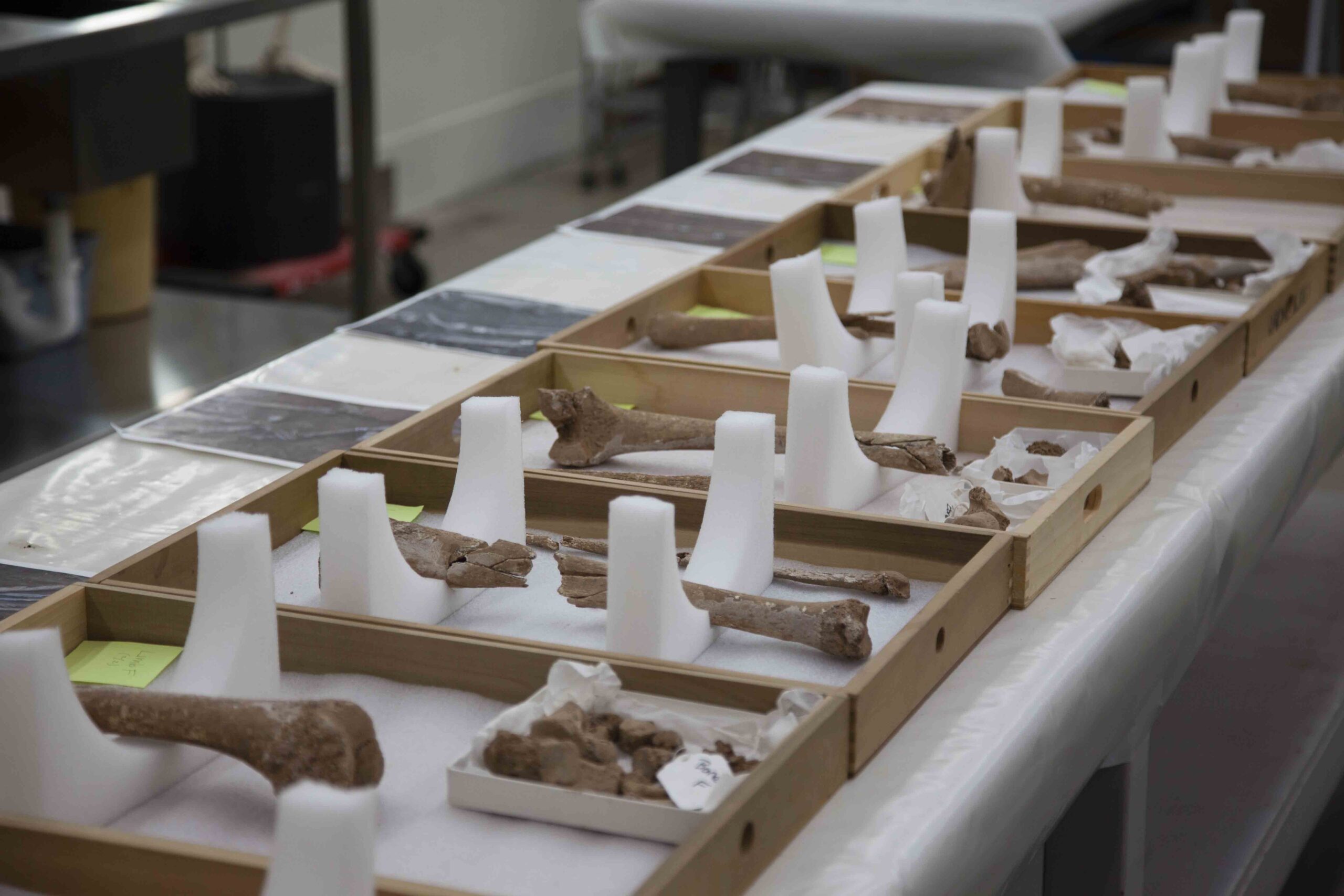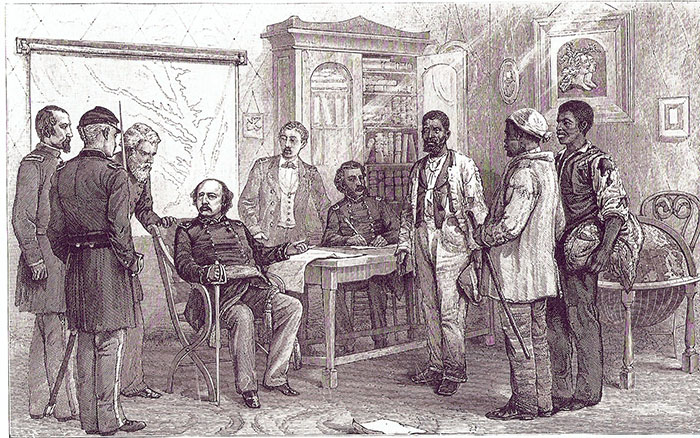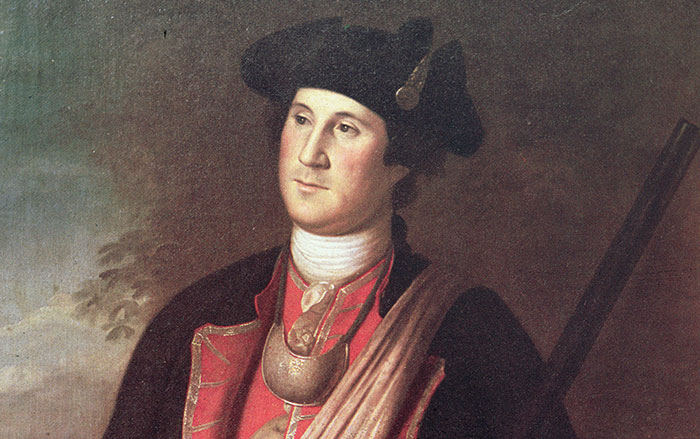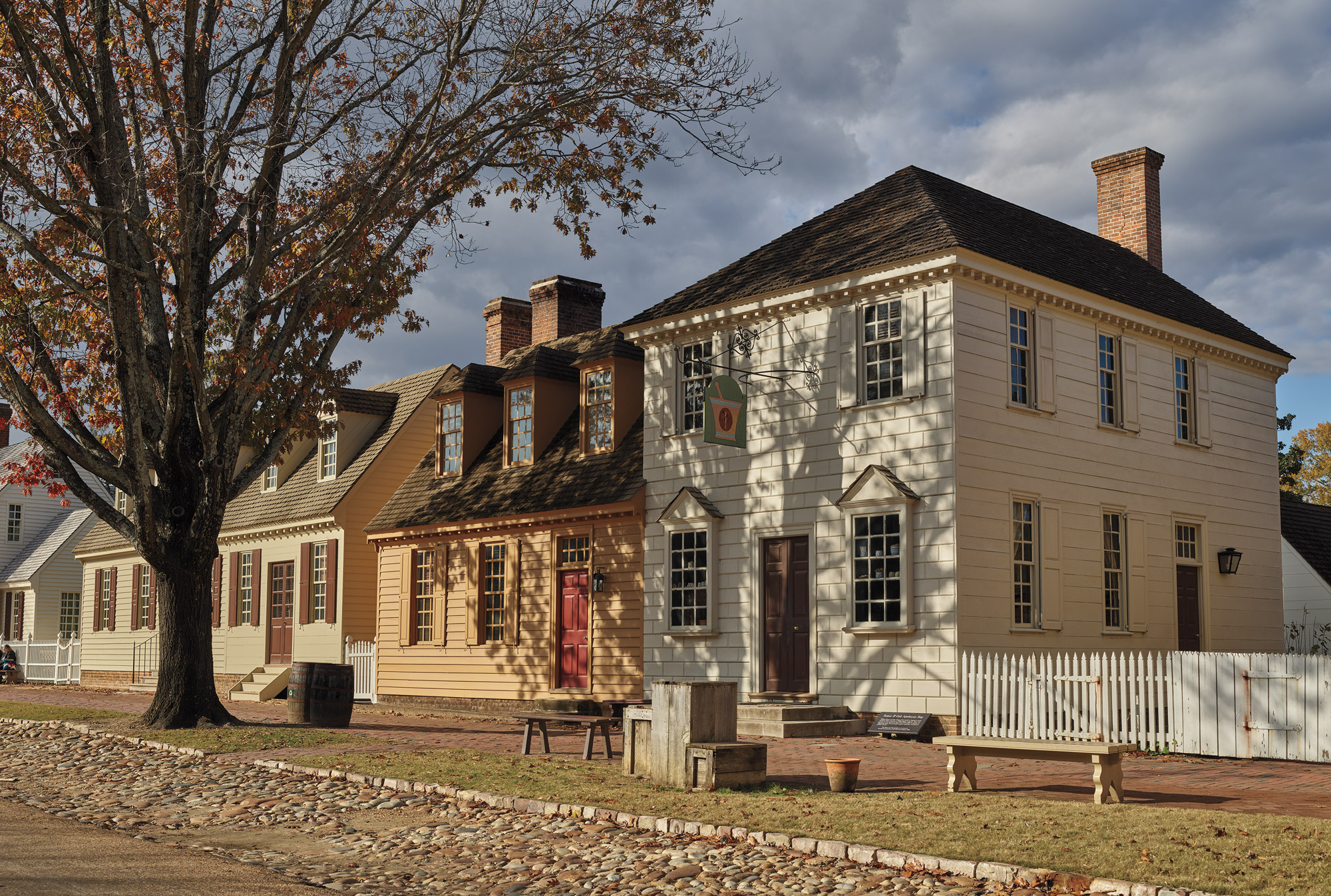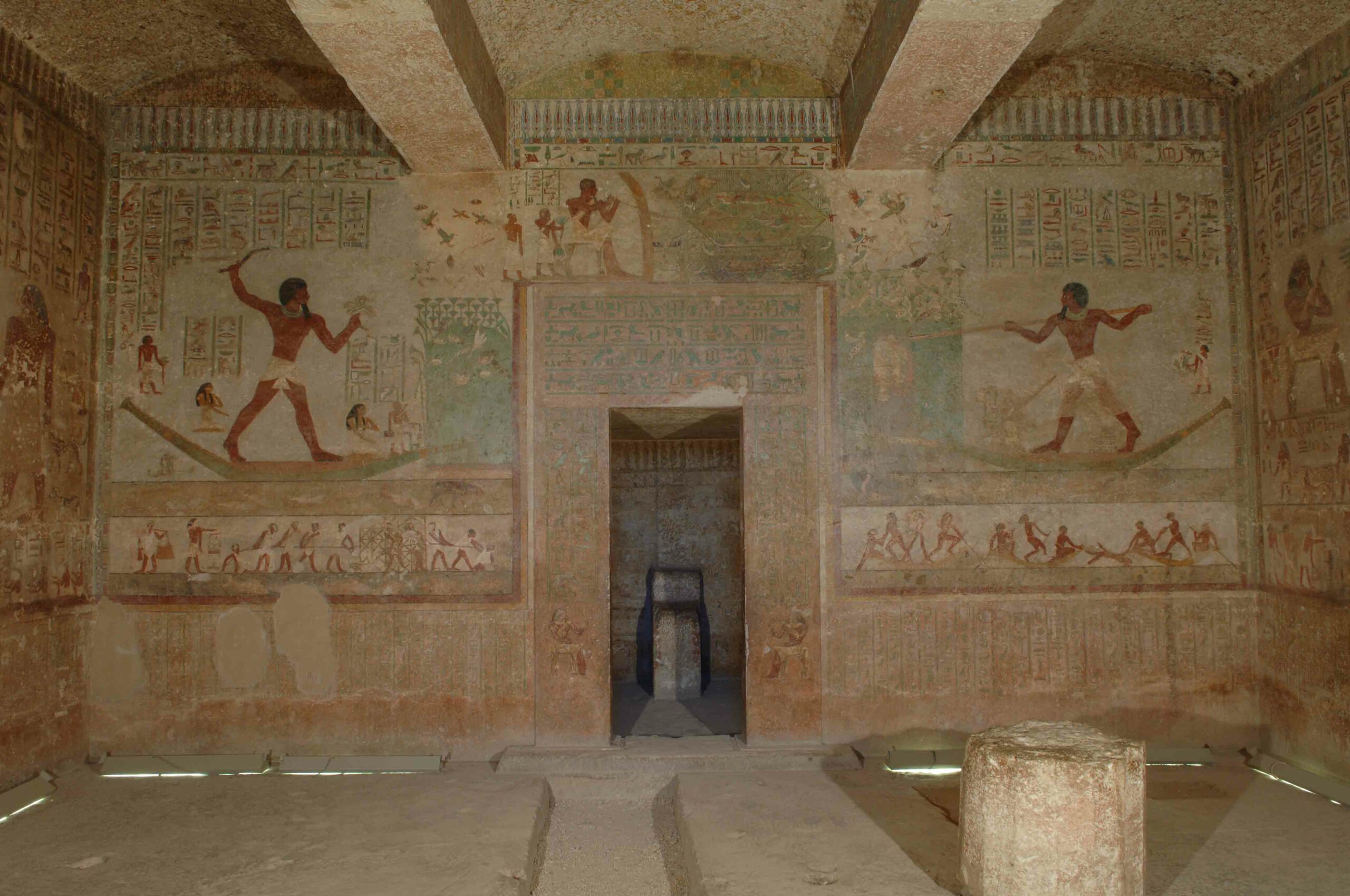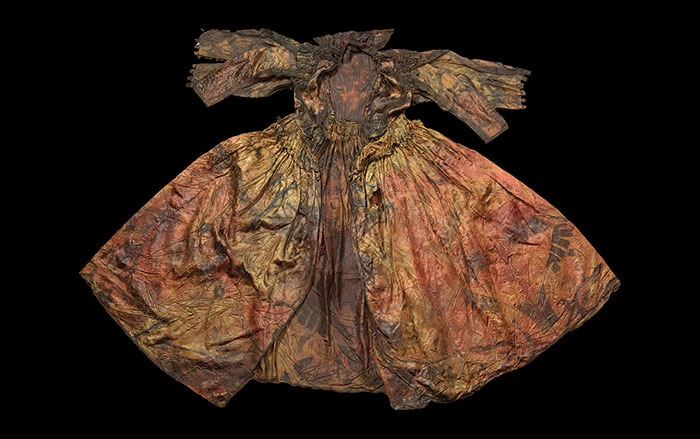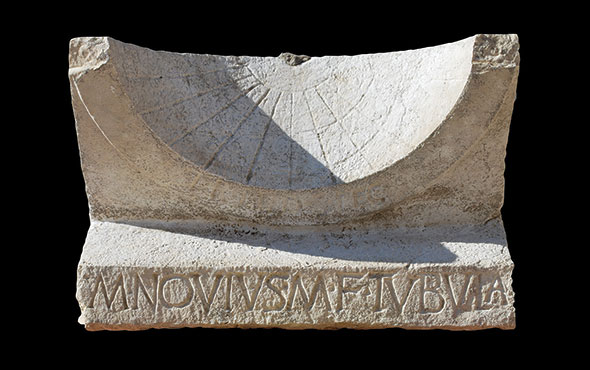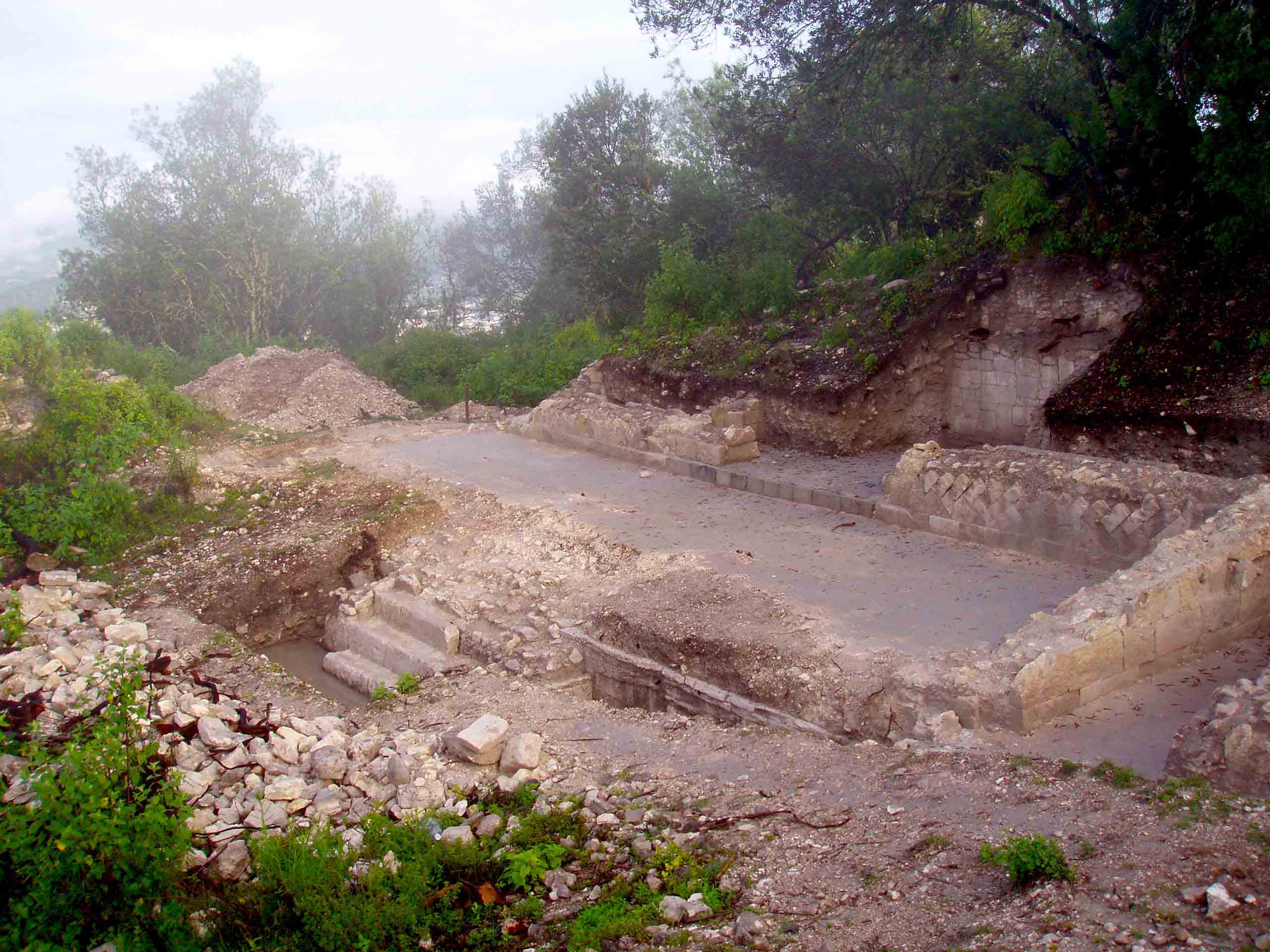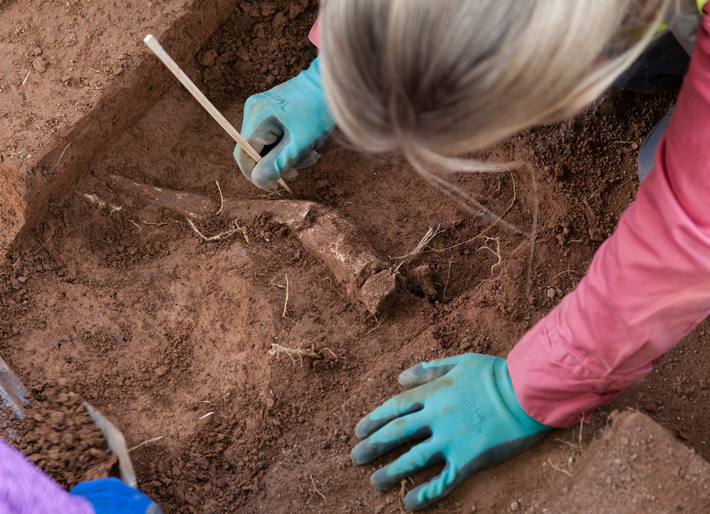
MANASSAS, VIRGINIA—According to an NPR report, a burial pit containing amputated human limbs has been discovered at Manassas National Battlefield Park. The bones in the “limb pit” were first spotted by a utility crew in 2014, and are thought to have been buried by field surgeons after the three-day Battle of Second Manassas, which is also known as the Second Battle of Bull Run. In all, two complete skeletons, 11 limbs, bullet fragments, and buttons from Union uniforms have been recovered from the pit. All of the limbs bear evidence of wounds and amputation cuts. Physical anthropologist Doug Owsley of the Smithsonian Institution explained that the striations left on the bones by the surgeons’ saws reveal their skills—the doctors started slowly to set the saw teeth, cut quickly through the bone, and then slowed again as they finished the cut to avoid further damage to the patient. National Park Service archaeologist Brandon Bies thinks the soldiers whose limbs ended up in the pit were wounded during a charge up a ridge called the Deep Cut, where thousands of Confederate soldiers were waiting to fire on them with rifles and muskets. Medical records and isotopic analysis of the bones may allow researchers to identify the soldiers and the surgeons who operated on them. To read in-depth about a Civil War POW camp, go to “Life on the Inside.”


